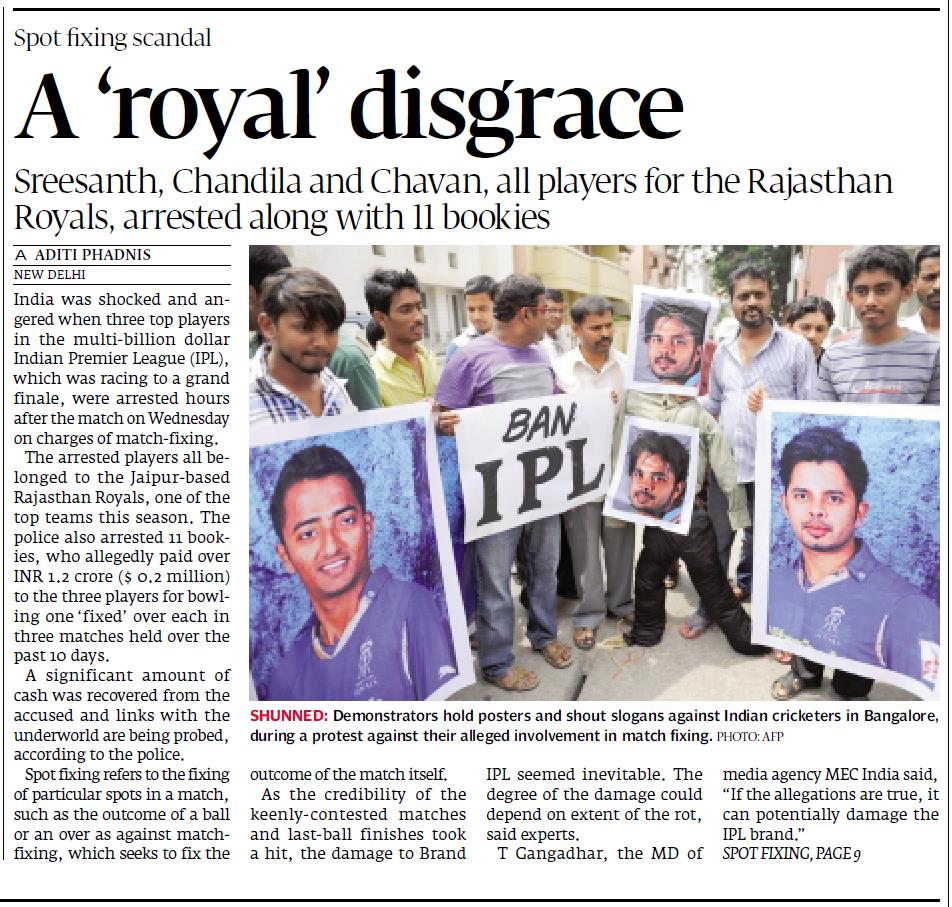ISLAMABAD: In a surprising development, the lawyer who had filed a petition in the judges’ detention case has withdrawn his complaint against former president retired Gen Pervez Musharraf.
The decision by Advocate Chaudhry Mohammad Aslam Ghumman came a day before the hearing of the case on Saturday by the Islamabad Anti-Terrorism Court at Gen Musharraf’s Chak Shahzad farmhouse which has been declared a sub-jail.
The judges’ detention case was registered by the Secretariat Police Station on Aug 11, 2009, on the complaint of Advocate Ghumman who had sought legal proceedings against the former military ruler for confining 60 judges of the superior courts for over five months at their homes and restraining them from administering justice.
Talking to Dawn on Friday, Advocate Ghumman said he had withdrawn the complaint in the larger national interest. “I think that the trial of Gen Musharraf in such a state of affairs is not in the national interest and, therefore, I have decided to withdraw my complaint,” he said.
“Before taking the decision to withdraw the petition I also consulted my friends and it was taken after due deliberation.”
Advocate Ghumman said he would neither appear before the court nor press for the prosecution of Gen Musharraf, adding that it was up to the court to decide the fate of the case against him.
It may be mentioned that over the past couple of weeks at least three lawyers, including special prosecutor of Islamabad police Syed Mohammad Tayyab, have dissociated themselves from the case. The other two — Raja Rizwan Abbasi and Qamar Afzal — are reported to have received threats from unknown people.
But Advocate Ghumman rejected reports that he had withdrawn the complaint under any pressure or fear and said he had never been threatened by any quarter.
Advocate Ashraf Gujjar, the counsel for Mr Ghumman, told Dawn that he was not aware of the decision taken by his client. He said Mr Ghumman had not consulted him on the issue although he had been appearing in the court on his behalf.
Advocate Gujjar was of the opinion that Mr Ghumman could not withdraw the complaint because the FIR also included sections of Anti-Terrorism Act, 1997. Only the state could withdraw the case. According to legal expert Barrister Zafarullah Khan, an individual can dissociate himself from prosecution but cannot withdraw a case. “After the happening of a crime, a complainant informs the state machinery about it and the responsibility to prosecute the criminal is put on the shoulder of police or other law-enforcement agencies,” he told Dawn.
“Since the crime is considered an illegal act against the society and the state, only the federal or provincial government through the district magistrate (deputy commissioner) can withdraw the case against a criminal,” he said.
The complaint against Gen Musharraf was registered under section 344 of the Pakistan Panel Code. The offence is a bailable and entails a maximum imprisonment of three years.
Justice Shaukat Aziz Siddiqui of the Islamabad High Court had dismissed the pre-arrest bail plea of Gen Musharraf on April 18 and observed that the act of detaining the judges of superior courts and forcefully restraining them from performing their lawful duty was an act of terrorism. He ordered police to book the former military ruler under section 7 of the Anti-Terrorism Act.
Gen Musharraf may get life imprisonment if he is convicted by the court under this section.
Dawn














